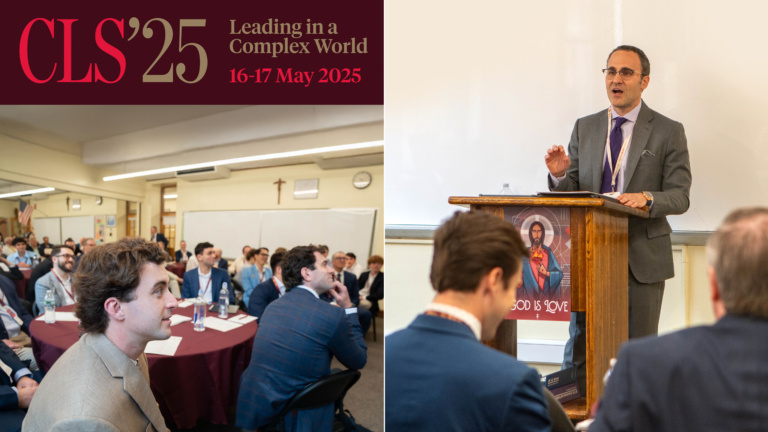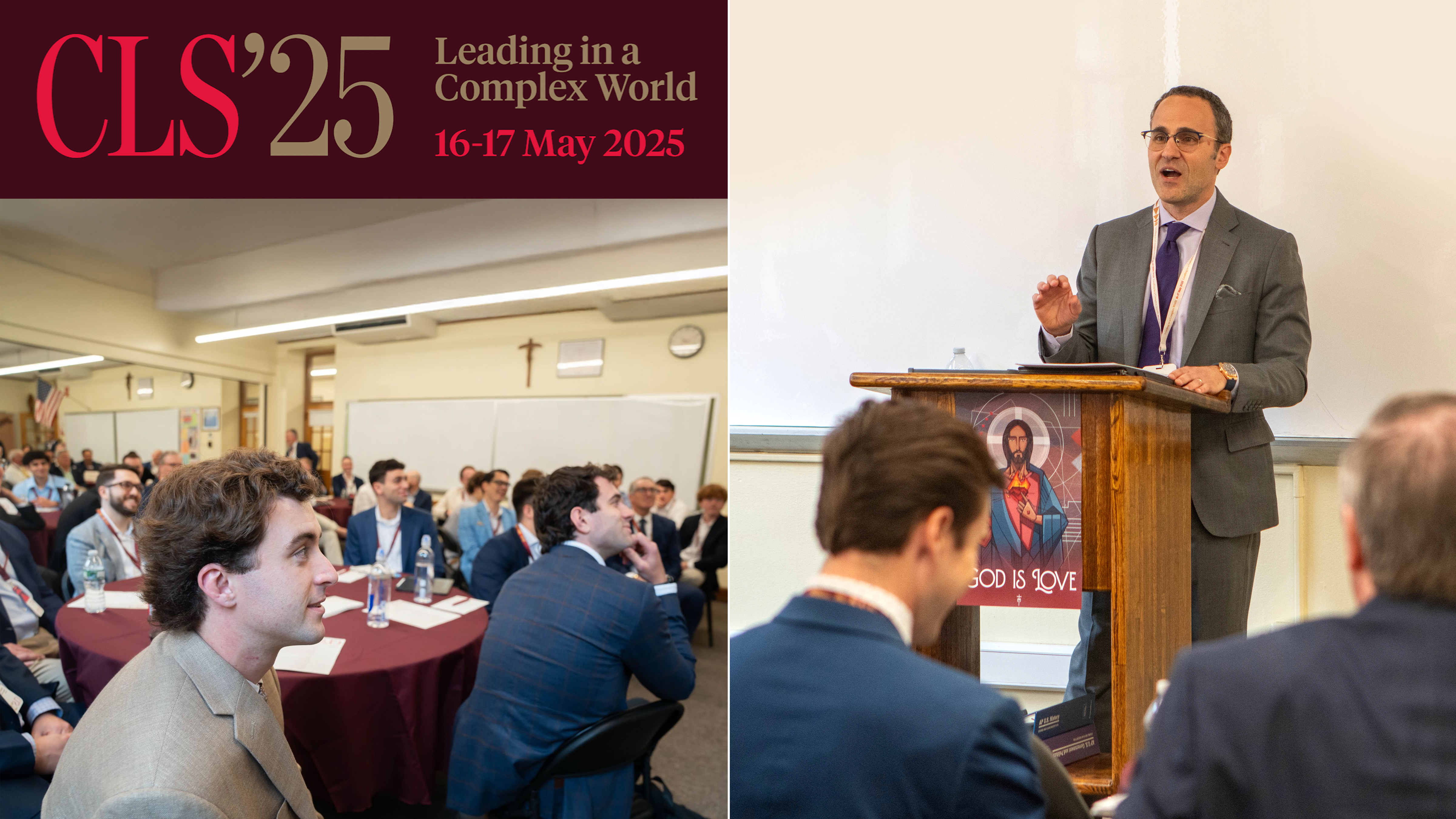Introduction
Over the past century, the center of gravity in American governance has shifted. While Congress and the courts continue to play indispensable roles, the executive branch has taken on an increasingly prominent position—through the appointment and removal of senior executive branch officials, the exercise of extraordinary policy discretion under broad statutes, and sweeping policy decisions made unilaterally based on the President’s powers under the Constitution.
In this session, Peter Stris (’93)—one of America’s leading advocates before the U.S. Supreme Court—takes a non-partisan look at the serious constitutional debates raised by that shift, focusing on three timely and fundamental areas:
- The Fed and Presidential Control Over Executive Branch Personnel: Over the past 25 years, the Supreme Court has recognized the President’s power to fire senior executive branch officials for any reason. The Court is poised to revisit the sole remaining exception: multi-member boards and commissions like the National Labor Relations Board. What could that mean for the President’s power to remove Federal Reserve Chair Jay Powell and the independence of the Federal Reserve in setting monetary policy?
- Tariffs and Presidential Power Under Emergency Statutes: Congress has delegated to the President immense power over policy matters in vague and broadly worded statutes. Among the most economically momentous such powers is the authority to impose tariffs, which impose hundreds of billions of dollars of costs across every sector of the national economy. Will the Supreme Court’s increasing skepticism of statutes that delegate questions of vast economic and political significance lead it to place limits on the President’s tariff authorities?
- Regulations, Spending, and Administrative Agencies: Congress created major agencies like the Department of Education and USAID in statutes, and it appropriates funding for those agencies in its yearly budgets. What unilateral power does the President have to abolish executive branch agencies or to refuse to spend appropriated funding if he disagrees with Congress’s policy judgments?
This session invites students and alumni to move beyond partisan reactions and grapple with enduring questions about power, accountability, and the structure of American government. It’s a conversation rooted in the values of a Chaminade education—intellectual seriousness, civic responsibility, and respectful dialogue.
Click here to access the event site.

